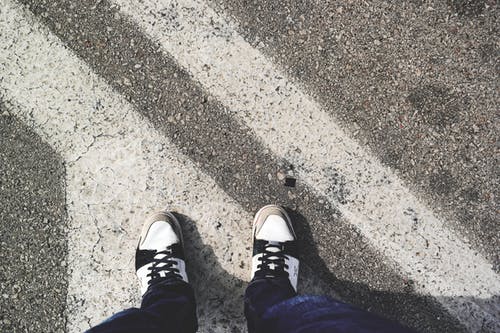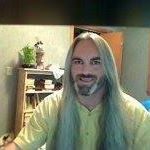The Intersection of Compassion Fatigue, Moral Injury, and ACEs


Jim LaPierre LCSW CCS is the Executive Director of Higher Ground Services in Brewer, Maine. He is a mental health therapist and addictions counselor. Jim specializes in facilitating recovery (whether from addiction, trauma, depression, anxiety, or past abuse). Jim is the cofounder of Sobernow.com an online addiction recovery program that is affordable and provides complete anonymity. He is also the founder of (coming soon) Thebesttherapy.com
The World Health Organization recently declared occupational burnout to be a medical condition. The treatment for which has yet to be conceptualized. It seems likely the suggested remedies will be as cliched as the advice most often given on avoiding burnout:
Eat well, hydrate, sleep well, take time off, self-care, connect with friends and family. Take up a hobby. Blah, blah, blah.
When I told my friends and colleagues that I wanted to create a program on how to transform after burning out; they all told me no one wants to identify as such and that I needed to come up with another name for what I’ve suffered.
That seems fair. So, I’m a wounded healer who has experienced vicarious and secondary trauma, compassion fatigue, toxic workplaces, and numerous moral injuries. The sum total of these experiences left me identifying as burned out.
In retrospect, labeling myself hasn’t necessarily opened doors for anyone. Acknowledging the pieces of my experience (listed above) and how I overcame them has.
What’s missing from our understanding of burnout:
- The risk factors that leave us vulnerable in the first place
- Realistic prevention strategies for those of us who are driven to succeed
- Proven pathways back to ourselves when burnout occurs.
- What it takes to ensure we don’t burn out again.
If we weren’t passionate, talented, and doing the work we were meant to do, we’d never experience burnout. The systems we work in are not manageable. They’re designed to use up good people (ever look closely at the term “human resources?”).
Yet, our greatest liability is one that we never hear people talking about:
People who work in the healing and helping professions tend to have less than optimal mental health.
As accomplished as we may be in understanding and serving of others, when it comes to ourselves, we’re slow learners with high pain tolerances.
We’re focused on achieving exceptional outcomes. We’re tenacious and want to be great at what we do. I used to be ten feet tall and bullet proof. I knew self-care was a good idea but I told myself I’d get to it right after I finished a never-ending list of incredibly important things to do for others.
It seems we can solve anyone’s problems but our own. We have blind spots – things we can’t see – and worse, things we aren’t willing to acknowledge, much less examine. We push our limits. Many of us work harder and longer than our colleagues. We’re highly regarded by everyone except the person we see in the mirror.
It took me a lot to come to terms with the disrespect I showed myself. It took multiple rounds of burnout before I overcame it. I didn’t get better because it was a good idea. I got better because I got sick and tired of being sick and tired.
It’s amusing to me that for all of my education and training, I most often quote Facebook memes like, “You can’t pour from an empty cup.” Well, if you’re like I was, you can.
Metaphorically, you cut yourself open and bleed into the cup. Now you have more fuel to run on and more to give. All you have to do is ignore the ongoing toll…until you hit the wall and wonder how you got there (again).
Developing a sustainable career path (and more importantly, lifestyle) requires a balance of doing great work in a manner that doesn’t drain us. The inescapable truth is that our effectiveness as healers is completely tied to the degree to which we’ve attended our own wounds, transformed our own lives, and maintain our holistic health in the present.
I often suggest to those in the healing and helping professions that they seek a new perspective on their lives. I’ll ask them to write up their current roles, duties, expectations, standards and struggles as though they were a case study. Then stretch your imagination – what would you say to this person if they were a client of yours? What would you recommend? What does this person need?
Accountability is everything. Left to our own devices, we will disappoint ourselves. We won’t make sufficient commitments to self-care, nor follow through. The greatest progress I’ve made professionally and personally are during the times that I’ve shared my fears, named my needs, and expressed my emotions with great vulnerability. I share with kindred spirits who will encourage and support me, but more importantly, hold my feet to the fire.
Nobody gets better alone. The simple truth is that those who work in the healing an helping professions tend to give away the very things we yearn to receive. I urge you to connect more fully with those who understand your work and your way of living. If you don’t have such folks or are too afraid to access them, please consider coaching or therapy as a first step.
I welcome all questions and concerns,
Jim LaPierre LCSW, CCS
Counseling@roadrunner.com